Office Chemistry
THE 5 LOVE LANGUAGES AT WORK
EMOTIONAL FLUENCY
The secret to stronger relationships

BEAUTY FROM WITHIN UNLOCK GLOWING SKIN LOVE, SERVED BRING EVERYONE TOGETHER WITH SHARING PLATES
THE POWER OF


THE 5 LOVE LANGUAGES AT WORK
The secret to stronger relationships

BEAUTY FROM WITHIN UNLOCK GLOWING SKIN LOVE, SERVED BRING EVERYONE TOGETHER WITH SHARING PLATES


With every gesture, sign language interpreter Lesego Modutle is bridging worlds, breaking barriers and teaching us that true inclusion starts with understanding

For the longest time, beauty and skincare revolved around treatments, serums, masks and lotions applied to the surface of the skin. But the truth is that the skin is the largest organ of your body, and its health relies on what is happening on the inside of your body as much as what is happening on the outside. And this is where we introduce 'ingestible beauty' products. By delivering targeted ingredients internally, they work naturally with your body to support healthier, more radiant skin from within.
Your skin, hair and nails all rely on a steady stream of proteins, vitamins, minerals and antioxidants. These essential nutrients are absorbed through the bloodstream, which enables them to reach the deepest layer of the skin where collagen, elastin and hyaluronic acid is produced. Serums and other potions applied to the top layer of your skin can only penetrate so far, and so they work best in partnership with internal supplements. The point of ingestible beauty is to bridge the gap by supplying the body with concentrated doses of specific ingredients.
According to Healthline, collagen peptides that are ingested daily have been proven to improve skin elasticity and hydration, leading to firmer, smoother skin over time.
Not everyone realises this but the biggest influence on the health of your skin isn’t found in your vanity cabinet – it’s in your digestive system.
The gut microbiome plays a major role in regulating inflammation and immune function, both of which have a significant impact on the health of your skin. When the bacteria in your gut are balanced, it keeps your skin barrier strong, which then makes you less prone to conditions such as acne, eczema and rosacea.
Emerging research also outlines that probiotics can help improve skin hydration, reduce inflammation and control breakouts by balancing the flora in your gut. Combining probiotics with greens and zinc can support these effects. Greens provide antioxidants and nutrients; zinc helps with wound healing and controlling oil production.
Sun exposure and pollution cause free radicals in your body that break
down collagen and elastin, which then causes skin ageing to accelerate. This makes antioxidants a key ingredient when it comes to ingestible beauty supplements.
According to Medical News Today, glutathione is a great antioxidant that helps neutralise molecules and aid the body's natural detoxing abilities.
Vitamin C is a great companion ingredient, as it works alongside glutathione, making this a powerful combination against oxidative stress.
Add alpha lipoic acid to the mix and you have a beauty supplement packing an incredible punch. It's both fast to absorb and water soluble. This means that it helps reduce inflammation and supports skin repair.
Getting your full eight hours is essential. Sleep is the prime time for your body to repair and renew skin cells.
The Sleep Foundation recommends using a magnesium supplement to help reduce stress and increase muscle
relaxation, which aids better sleep.
Chamomile is well known for its calming and anti-inflammatory effects, which helps ease stress that has a negative impact on the skin.
Ashwagandha, a herbal supplement, is also used to balance hormones and reduce inflammation, which then leads to clearer, more radiant skin.
In order to see visible results, it is important to be patient and keep up with taking your supplements regularly. According Healthline, results will vary but can be seen after eight to 12 weeks of consistent use.
SCAN HERE to shop these products


BEAUTY COLLAGEN POWDER
Hydrolysed
Collagen
+ Vitamin C
It's time to tap into the power of supplements that can make all the difference to your beauty routine
by Rughsaar Bibi Ismail
Vitamin C is a vital ingredient that helps your body to produce and stablilise collagen fibres, as well as protecting your skin from environmental damage due to its antioxidant power. Hyaluronic acid is a humectant, which is a water molecule that is able to hold 1 000 times its weight in water. Verywell Health says that supplements of hyaluronic acid can boost skin moisture and elasticity. When paired with coconut water and electrolytes, it also boosts your body's overall hydration and replenishes essential minerals for overall natural glow.
+ Hyaluronic Acid
Supports skin elasticity and reduces fine lines. Promotes a glowing, youthful complexion.
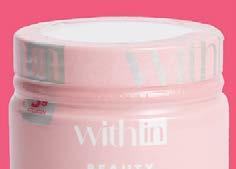
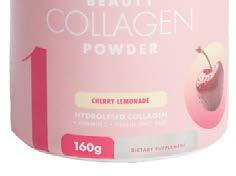
GLOW HYDRATION ELIXIR
Hyaluronic Acid
+ Coconut
Water Powder
+ Electrolyte Salts
Restores hydration for plumper, radiant skin. Replenishes essential electrolytes for overall wellness.
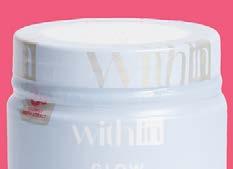
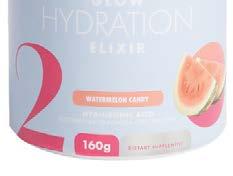
BEAUTY DETOX POTION
Probiotics
+ Greens
+ Zinc
Supports gut health for clearer skin. Detoxifies the body for a natural glow.
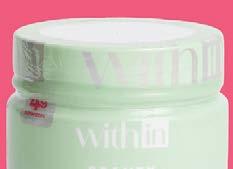
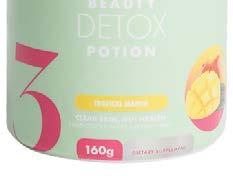
EVEN TONE RADIANCE BOOSTER
Glutathione
+ Vitamin C
+ Alpha Lipoic Acid
Brightens and evens skin tone. Reduces pigmentation and enhances radiance.
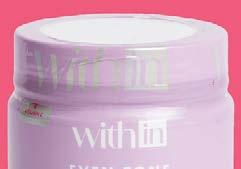

BEAUTY SLEEP
ELIXIR
Magnesium
+ Collagen
+ Chamomile
+ Ashwagandha
Promotes restful sleep, rejuvenating skin overnight. Reduces stress for better rest.
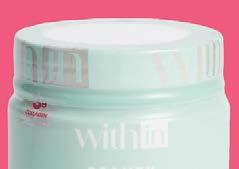
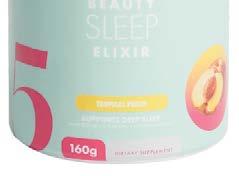

We discuss why speaking your mother tongue at home matters for identity, connection and culture
by Emma Mbuthuma
as a parent, thereʼs nothing quite like hearing your childʼs first words. The way their little voice pronounces the words, the way their face lights up with excitement – itʼs a moment that stays with you forever.
For many families, speaking their mother tongue at home is more than just a means of communication – itʼs a way to strengthen familial bonds, shape identity and preserve cultural heritage. It also provides emotional security and aids in cognitive development.
They say speaking your native language is like breathing – a natural and effortless expression of yourself, a way to convey emotions, thoughts and experiences in a way that’s uniquely yours. And research agrees that language plays a significant role in shaping our sense of belonging and who we are.
When children are exposed to their mother tongue from a young age, theyʼre more likely to develop a strong sense of cultural identity and connection to their heritage. This is especially important in multilingual or diasporic contexts, where children may be exposed to multiple languages and diverse cultures.
According to ResearchGate, mother tongue languages are “vital in framing the thinking and emotions of people”. Fluency in the mother tongue has numerous benefits, including enhancing cognitive growth as well as facilitating the learning of additional languages.
According to Psychology Today, a childʼs understanding of the world is deeply rooted in the language they
hear from their mother (or primary caregiver), which lays the foundation for their lifelong comprehension and communication skills.
For moms and dads, speaking their mother tongue at home is a way to pass on who they are to their children – their cultural values and traditions, sharing stories, customs and history with the next generation, which helps them develop a sense of belonging to a much larger community.
Speaking oneʼs mother tongue has been shown to have a profound impact on emotional security. When children are able to express themselves in their native language, they feel more confident and secure. Theyʼre able to communicate their thoughts and feelings more effectively, and theyʼre more likely to develop strong relationships with family.
For example, a child who speaks isiZulu at home can tell stories about her day, share jokes and discuss her feelings with her family, strengthening their bond and fostering a sense of belonging.
At school, where she speaks English, she may struggle to express herself as freely, but when sheʼs back home speaking isiZulu, she can be her authentic self. This connection to her native language helps her develop a strong sense of identity, self-esteem and emotional well-being.
Studies by the National Institutes of Health on the effect of bilingualism on cognitive and linguistic development agree that language is closely tied to emotional development. When children are able to express themselves in their mother tongue, theyʼre better able to regulate their emotions and develop emotional intelligence.
But what happens when parents’ first languages differ? It’s actually a bonus for the kids, because these studies suggest that bilingual children have a cognitive advantage over monolingual children. They are better able to think creatively, solve problems and adapt
to new situations. When children are exposed to multiple languages from a young age, theyʼre more likely to develop cognitive flexibility and a better understanding of language structures.
Despite the many benefits of speaking oneʼs mother tongue, many families face challenges in maintaining their home language, especially in a world where globalisation and technology dominate our daily lives. Language loss, assimilation pressure and generational language gaps are just a few of the obstacles that families may encounter.
As we navigate different languages and cultures, itʼs easy to lose touch with our roots and forget the nuances of our mother tongue. The challenge lies in balancing the demands of modern life with the need to maintain a strong connection to our linguistic heritage. One of the biggest hurdles is finding opportunities to practise and use our native language in everyday life beyond the family. The influence of more dominant languages can be overwhelming, making it difficult to resist the temptation to switch to a more widely spoken language.
1. Strengthens emotional bonds with your family and community.
2. Helps maintain cultural heritage and identity.
3. Boosts confidence and self-esteem.
4. Reduces stress and anxiety.
5. Supports cognitive development in children.
With the rise of social media and online communication, many people find themselves defaulting to more widely spoken languages, like English. This can lead to a decline in proficiency of one’s first language, and also a disconnection from oneʼs cultural identity. The lack of resources and support for minority languages can make it difficult for individuals to access learning materials, cultural events and community programmes that would help them preserve their native language. Despite these challenges, many people are finding creative ways to preserve their mother tongue and pass them it down to future generations. From language immersion programmes to cultural festivals and online platforms, there are numerous initiatives that aim to promote linguistic diversity and cultural heritage.
Some communities are establishing ‘language nests’, where children can spend time with fluent speakers and engage in cultural activities that promote language learning. Others are creating online resources, such as video tutorials, podcasts and language-learning apps that cater to specific language needs. After all, can you feel fully alive without a language that defines you?
Sweet Charred Tomatoes
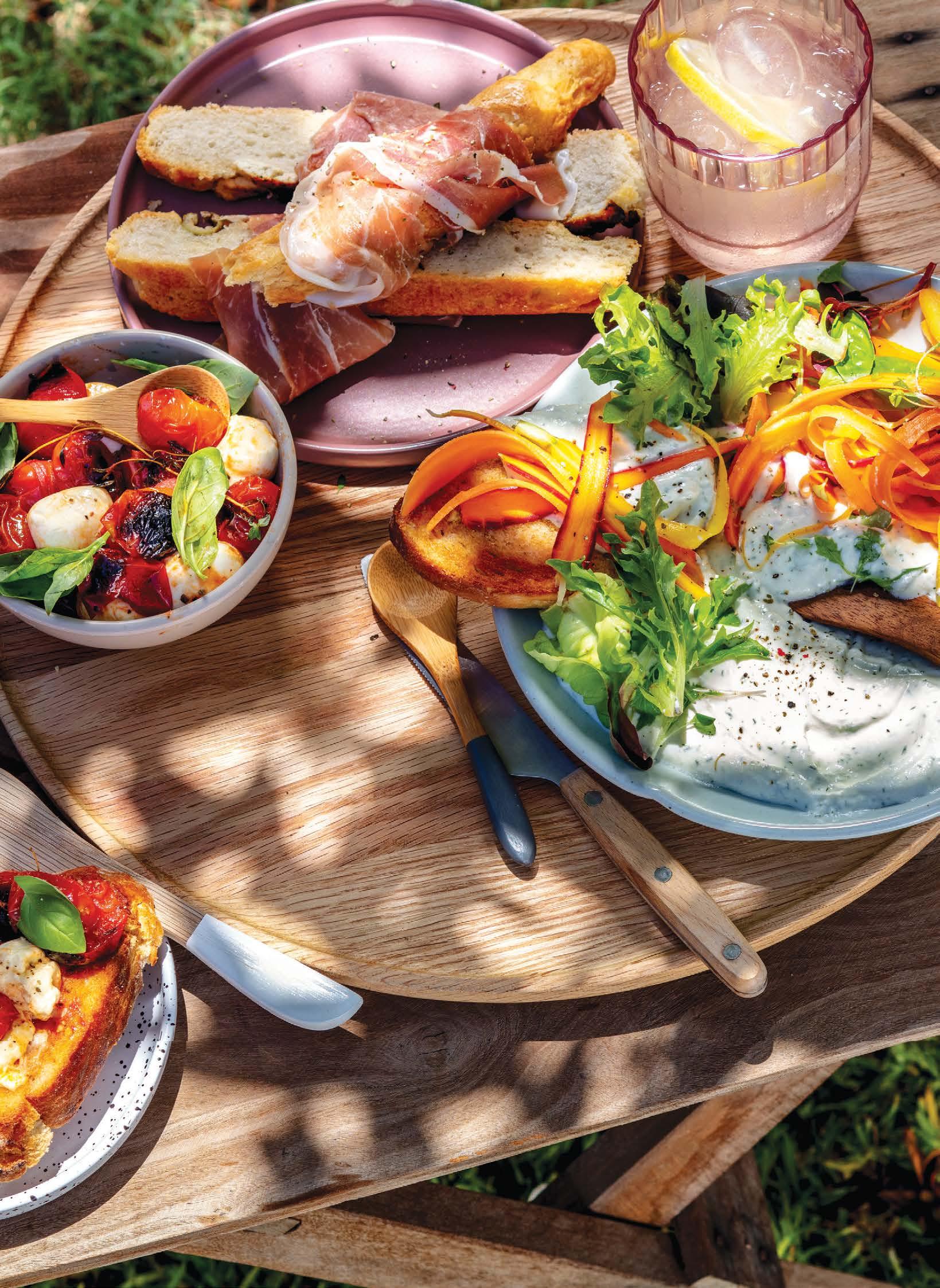
Lay out a selection of breads and cold meats and add these two delicious spreads, a dip and jugs of lemonade.

Spread it on ciabatta or enjoy as a dip, spruced up with a drizzle of honey and toasted nuts.
Prep 10 mins
Makes 1½ cups
INGREDIENTS
2 discs feta cheese
½ cup cream
½ cup plain yoghurt
1 Tbsp olive oil
These also work as a pasta sauce for a quick dinner.
Prep 5 mins Cooking 15 mins
Serves 4–6
INGREDIENTS
Whipped Feta

4 sprigs fresh dill
Ciabatta bread, for serving
METHOD
1. Blitz all the ingredients together in a food processor until smooth.
2. Serve on toasted ciabatta, heaped with pickled carrots (see page 62).


2 Tbsp olive oil
1 Tbsp brown sugar
1 Tbsp tomato paste
Pinch of chilli flakes
500g mini plum tomatoes
Salt and milled black pepper
200g bocconcini (mozzarella balls) or feta cheese
Ciabatta bread, for serving Basil leaves, for garnish
METHOD

1. Mix oil, sugar, tomato paste and chilli flakes together. Toss with tomatoes in an oven tray. Season.
2. Bake at 200ºC for 15 minutes or until tomatoes are bursting.
3. In a bowl, toss tomatoes and pan juices with cheese.
4. Serve on toasted ciabatta, garnished with fresh basil leaves.
Recipes continue on page 61

62)



There's nothing like a table spread with sharing platters and tasty treats to bring the people you love together


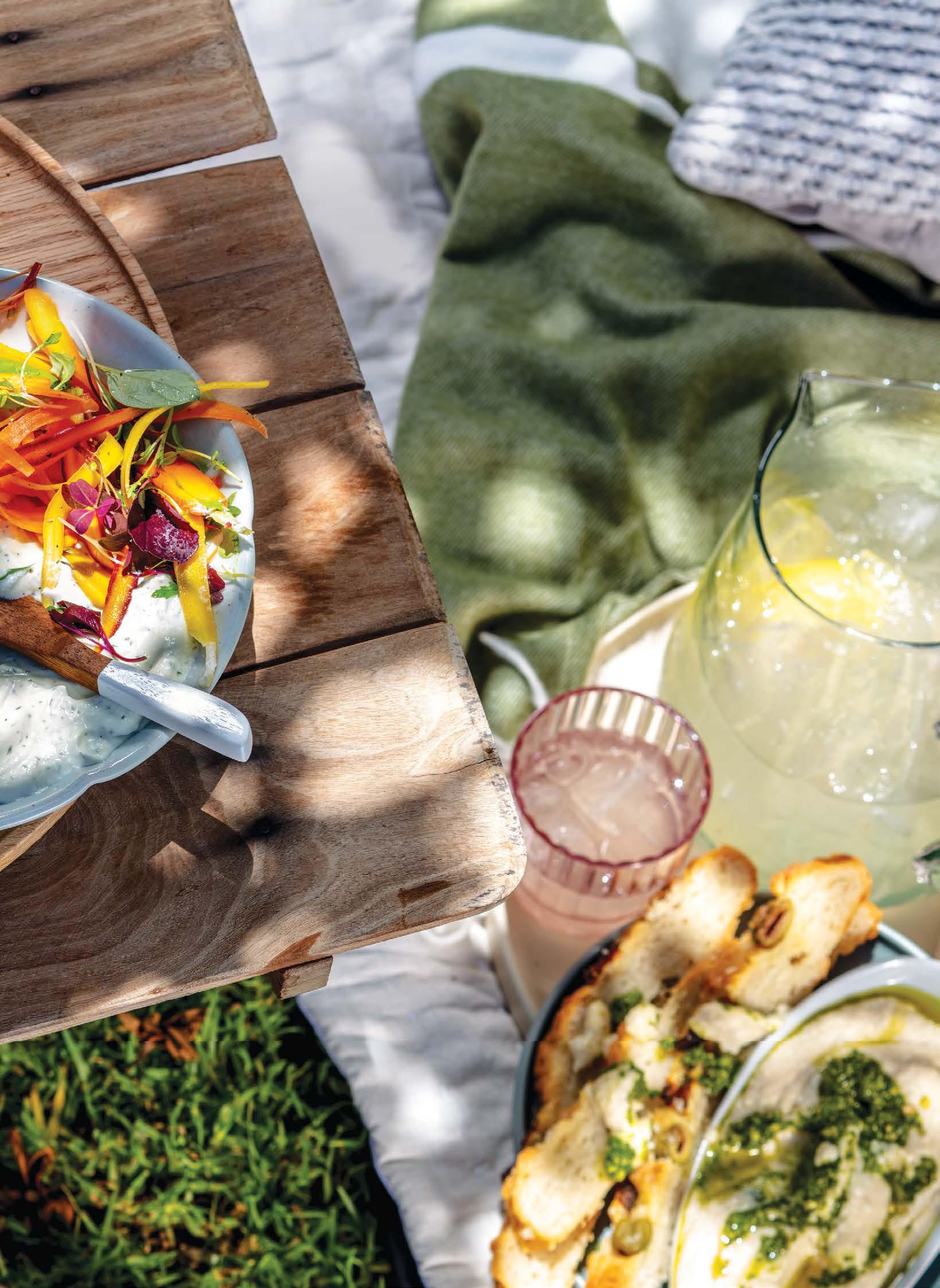
62)
